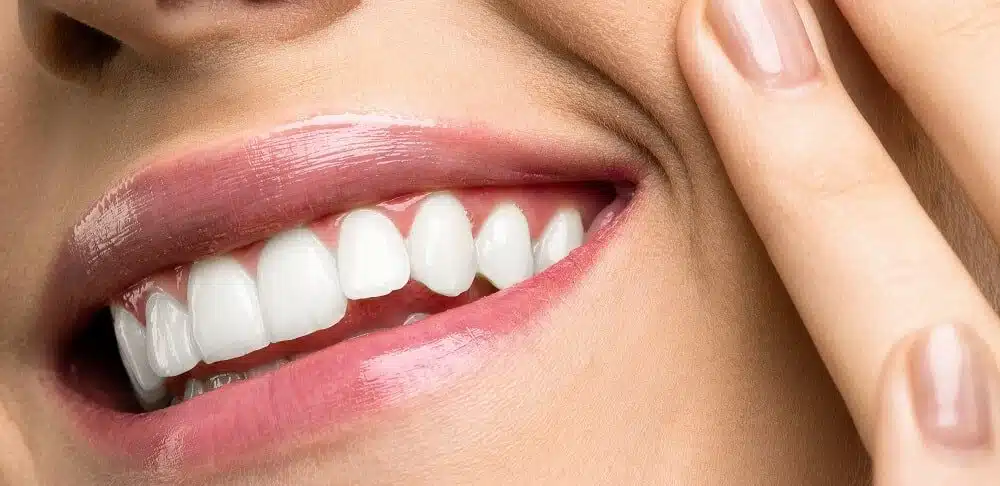Receding gums affects many people of all ages, even if you take excellent care of your teeth. Gum recession occurs gradually and can create oral health problems that require extensive dental treatment. Healthy gums help protect your teeth and contribute to a healthy smile. Below, we’ll discuss how to stop receding gums.
Trident General Dentistry offers superior dental care in Charleston, SC. Book an appointment with us today!
Signs And Symptoms Of Receding Gums
You can experience significant gum recession without knowing it. This is another important reason for regular dental checkups and cleanings. However, you may notice some symptoms that let you know that your gums are receding, such as:
· Bleeding gums after brushing and flossing
· Swollen and red gums
· Pain at your gum line
· Sensitive teeth
· Persistent bad breath
· Loose teeth
Causes Of Receding Gums
You can have receding gums for many reasons, including:
· Tooth brushing. Brushing twice daily helps maintain healthy teeth and gums. However, brushing with a stiff toothbrush or brushing too hard can damage your teeth and cause your gums to recede. Brushing with a horizontal, back and forth stroke instead of a circular motion can also harm your teeth and gums.
· Poor dental hygiene. When plaque builds up, the gums become inflamed and begin to pull away from the teeth, damage the bone, and expose the roots of teeth. This can result in periodontal disease or infected gums that cause more severe gum recession.
· Bruxism. Clenching and grinding teeth cause many issues, including receding gums.
· Hormonal changes. Fluctuating hormones during pregnancy and menopause can make women more susceptible to gum recession.
· Family history. You’re at higher risk of gum recession if one of your parents has periodontal disease.
· Crooked teeth. It’s more difficult to keep misaligned teeth clean, which makes gum recession more likely. Crooked teeth also create an uneven bite that places forces on the gums that can cause recession.
· Tobacco. Smoking and using other tobacco products create a higher risk for receding gums.
Dental Treatments For Receding Gums
The treatment for receding gums depends on the severity of the recession. Dental deep cleaning, also known as periodontal scaling and root planing, can treat mild cases. More serious receding gums may need periodontal surgery, such as gum grafting. This procedure involves taking a small piece of tissue from another area, such as the roof of the mouth, and placing it in the area of gum recession.
If you have lost bone with gum recession, you may require more extensive periodontal surgery. This can include grafting bone and soft tissue to restore the area to its natural appearance.
Stopping Receding Gums
After discovering gum recession, your goal is to prevent it from continuing and getting worse. The ways to do this include:
· Stop using all tobacco products.
· Use a toothbrush with soft, round-ended bristles.
· Use a gentle, circular brushing motion.
· Get your teeth cleaned professionally every six months.
· Talk with your dentist about straightening crooked teeth.
· Brush twice and floss once daily.
· Eat a healthy, low-sugar diet that includes fewer acidic foods and beverages.
· Wear a mouth guard if you clench or grind your teeth.
Schedule an Appointment
We hope you better understand how to stop receding gums. If you suspect that you have receding gums, contact Trident General Dentistry for an evaluation to discuss how you can have healthy teeth and gums for a beautiful smile.

